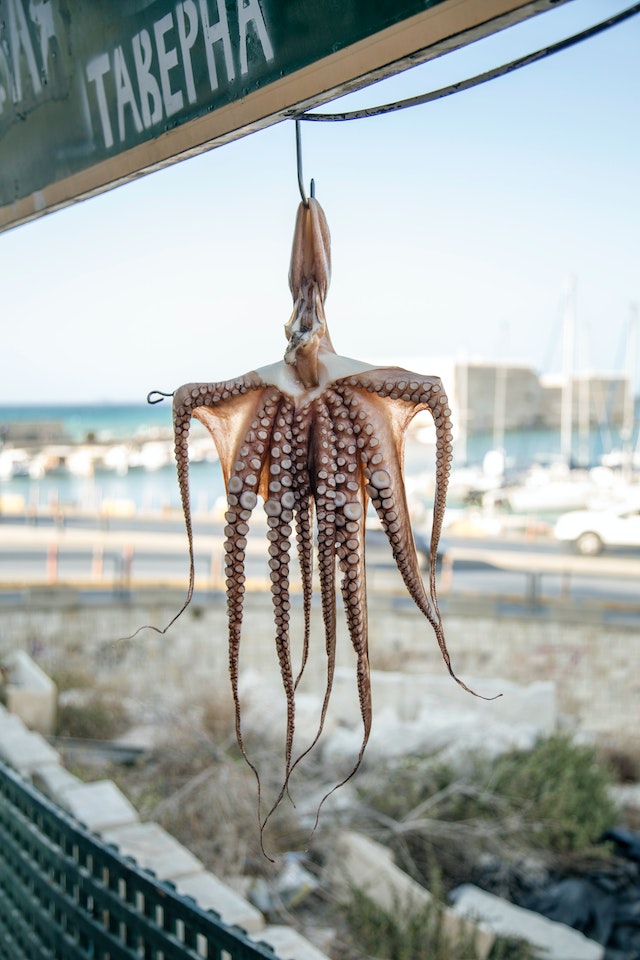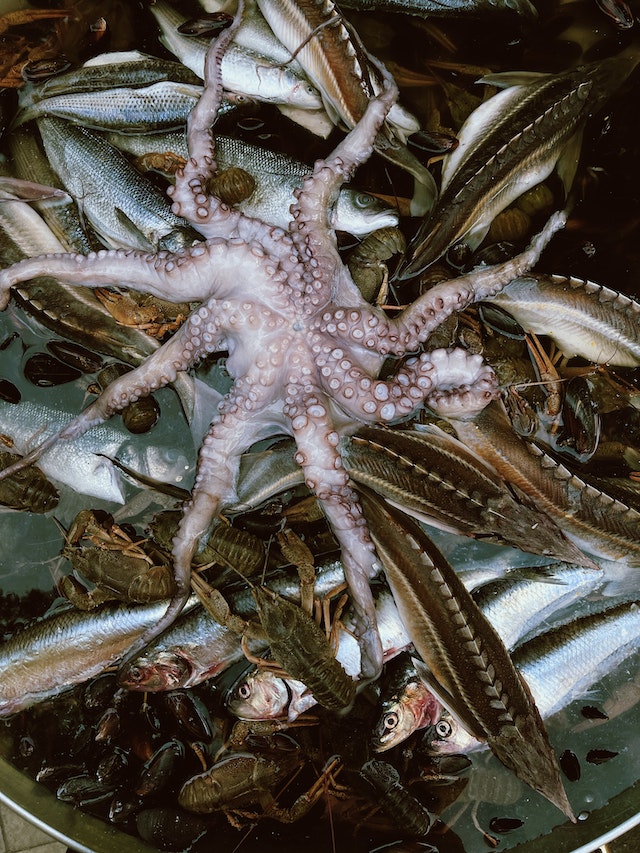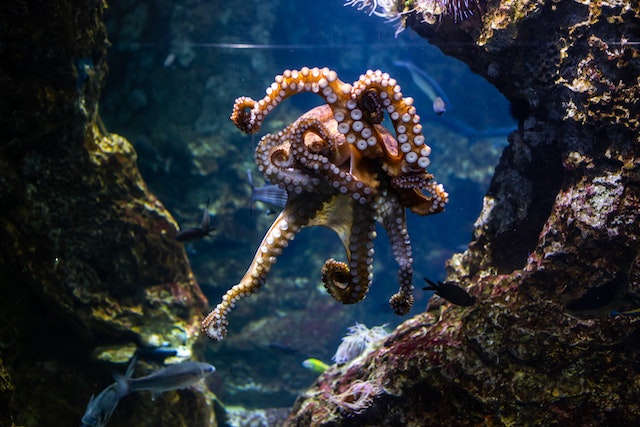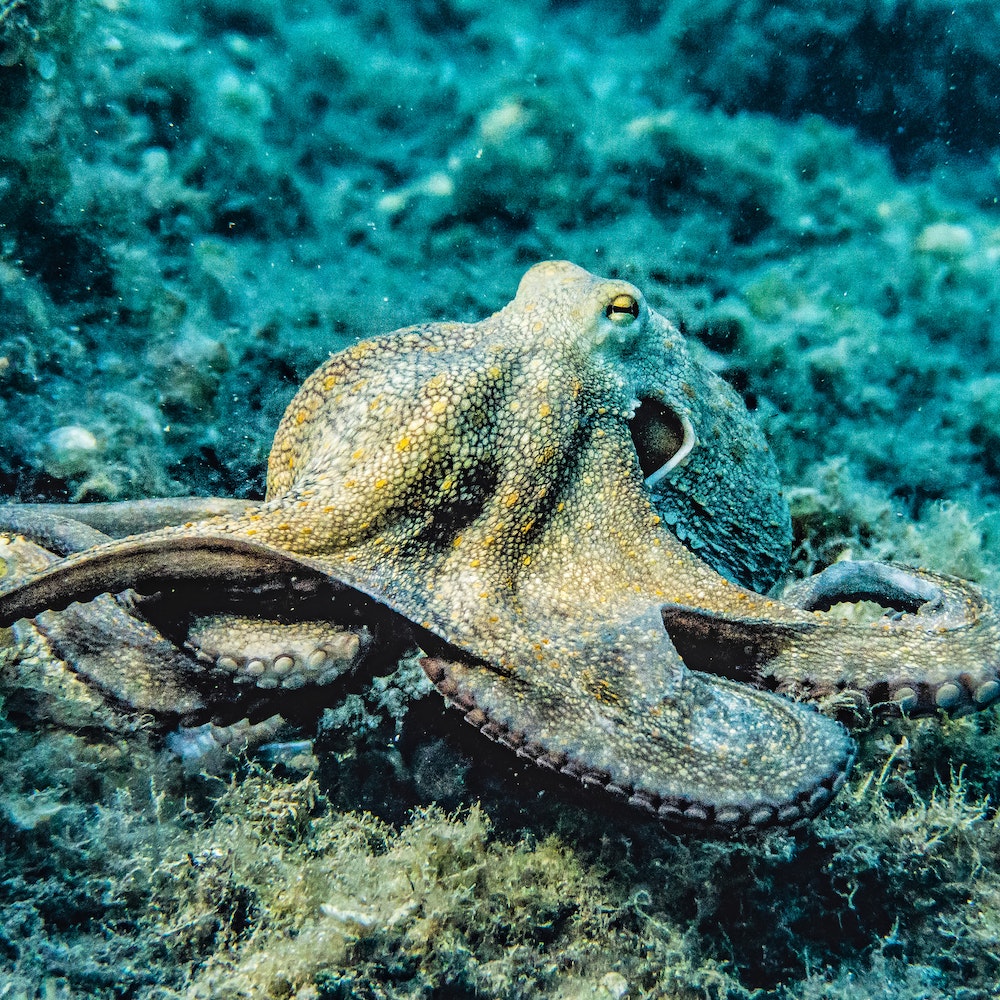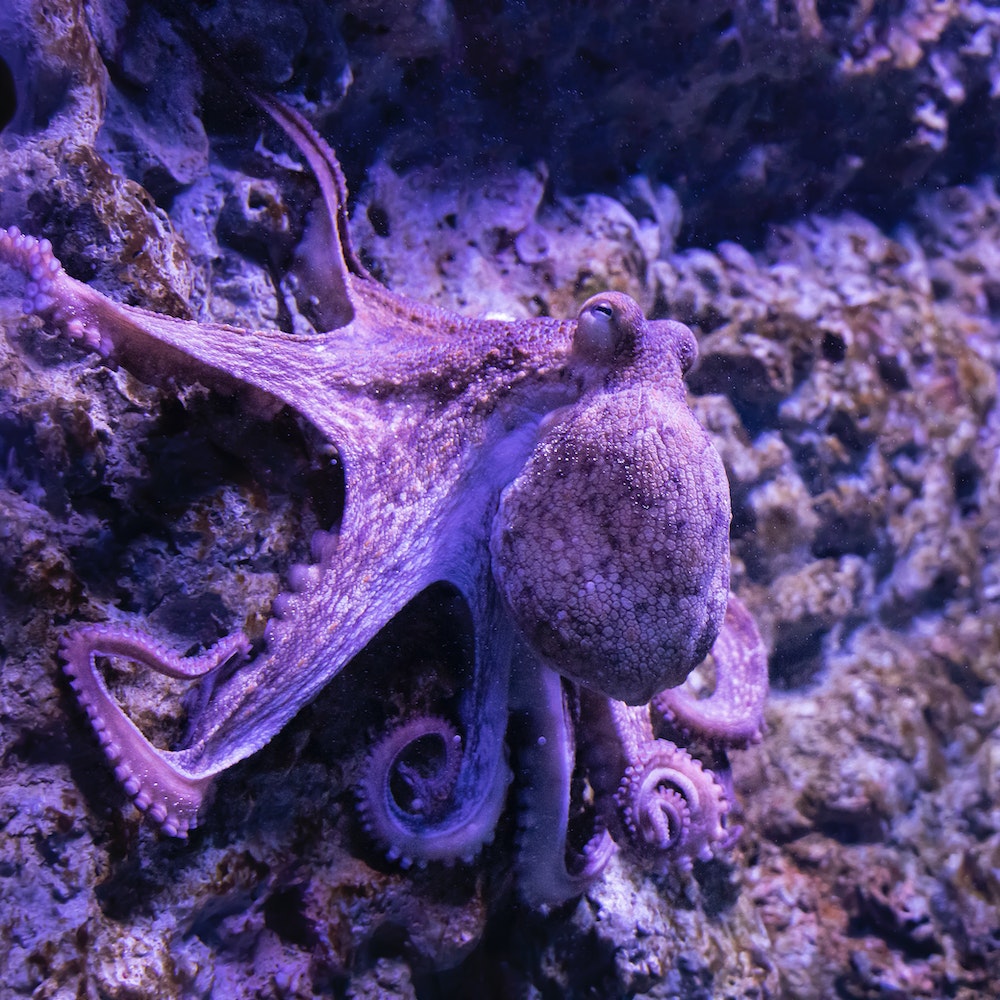Octopuses are fascinating creatures that have demonstrated complex social behavior and emotional responses. Studies have shown that they have the capacity for problem-solving, learning, and memory. They also have the ability to express emotions, including curiosity, playfulness, and even grief.
Octopuses have been observed displaying protective behaviors towards their eggs and offspring, with some species even caring for their young for extended periods. This suggests that they have a level of family connection and social bonding that is similar to what we see in other intelligent animals, such as primates.
In addition to their family connections, octopuses have also been observed engaging in social behaviors and forming communities. Some species of octopus have been observed living in groups and exhibiting cooperative behaviors, such as sharing food and defending their territory together.
Given their demonstrated emotional and social intelligence, many people argue that octopuses should not be used as a food source. The harvesting and consumption of octopuses can cause significant harm to these animals and their communities, as well as disru it the balance of the marine ecos stem.
Furthermore, the treatment of octopuses in the fishing industry can be particularly cruel. Octopuses are often caught using methods such as bottom trawling, which can cause significant stress and harm to the animals. They are also often killed in inhumane ways, such as being boiled alive, which causes them significant suffering.
The emotional awareness, family connection, and community of octopuses are all reasons why they should not be used as a food source. These animals have complex social and emotional lives, and their harvesting and consumption can cause significant harm. By advocating for their protection and conservation, we can help to ensure that they remain an important part of the marine ecosystem for generations to come.
